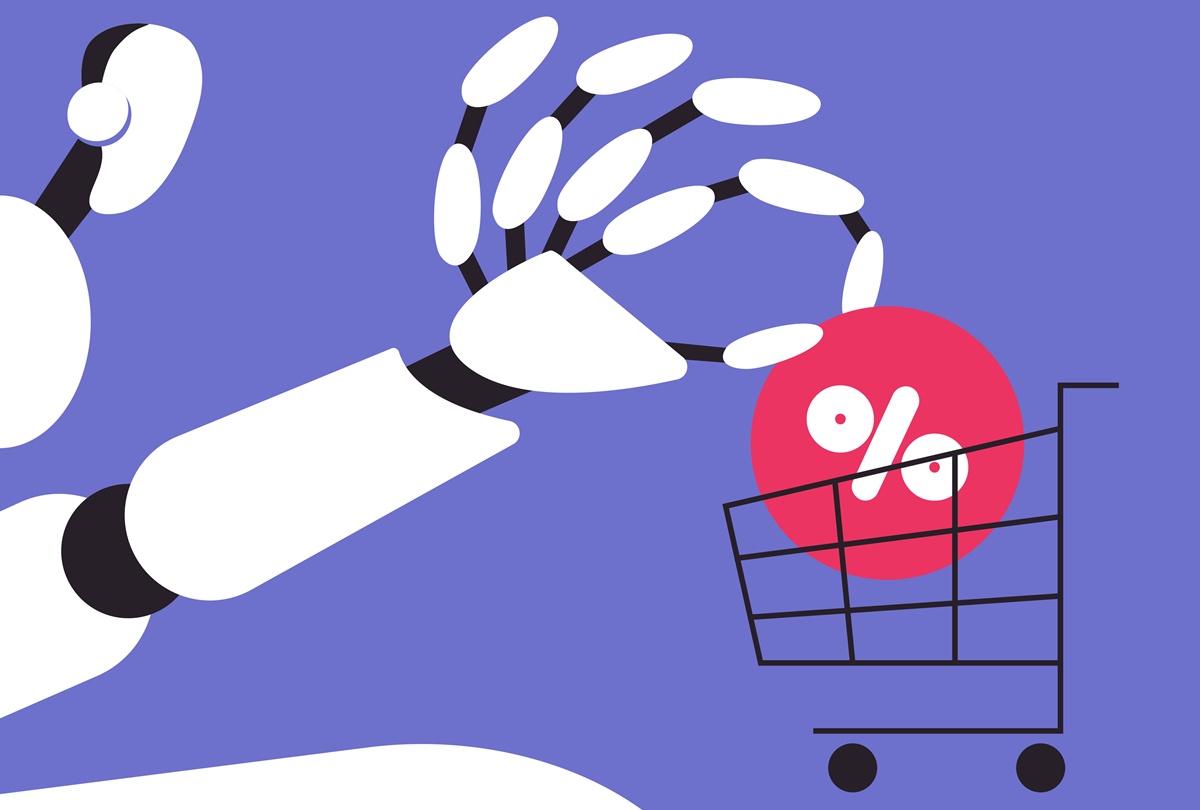October 20, 2025
When AI Starts Shopping for Us, Who Pays for the Mistakes?

At first, AI was just a helpful sidekick, suggesting gifts, comparing prices, maybe summarising a few reviews. Now that convenience is turning into something bigger: AI is starting to shop for us.
A new study from Riskified, which surveyed more than 5,000 consumers worldwide, shows how quickly this shift is happening. Over 70% now use AI during their buying journey. Some turn to ChatGPT for product ideas, others for price checks or review summaries. A smaller group, around 13%, say they’ve gone through with a purchase after an AI assistant recommended it.
This growing reliance on digital helpers has a name: agentic commerce. It’s when AI takes an active role in the purchase journey. Seventy percent of consumers say they’d be comfortable letting an AI agent buy something for them. More than half plan to use these tools for gift shopping this holiday season. That means a lot of orders could be made — and paid for — by machines.
Risk of Fraud
As AI takes over more of the shopping process, it also changes the data trail that helps merchants confirm who’s real and who’s not. This is allowing fraudsters to step in. When an AI makes the purchase, key identifiers like location or device information can disappear. That’s a dream scenario for organised fraud rings already experimenting with AI to mimic human behaviour.
As a result, retailers could be losing money and time through more chargebacks, more false claims, and more confusion over who’s actually responsible when an automated assistant buys something it shouldn’t. “Smooth” for the shopper can quickly mean “costly” for the seller.
Thirty percent of shoppers worry about payment security, while others mention privacy, mistakes, or losing control altogether. Yet, they still trust AI with handling their shopping. About 36% say they trust AI to guide their purchases, nearly matching the 38% who rely on in-store staff.
Jeff Otto, Chief Marketing Officer at Riskified, said: “AI shopping agents may make buying easier for consumers, but they also blur the lines of accountability for fraud and policy abuse. When an AI shopping agent makes a purchase, is the merchant still liable when a dispute occurs – even though the shopper never visited the merchant’s site during checkout? That uncertainty creates new risks for everyone involved. A disputed charge could stem from a hijacked AI account or even a legitimate customer claiming their AI assistant made a mistake. In each case, the liability remains murky, and data transparency is in short supply.”
Agentic commerce promises speed and simplicity, but it also raises an awkward question. When the algorithm hits “buy” and something goes wrong, who’s left to clean up the mess?



